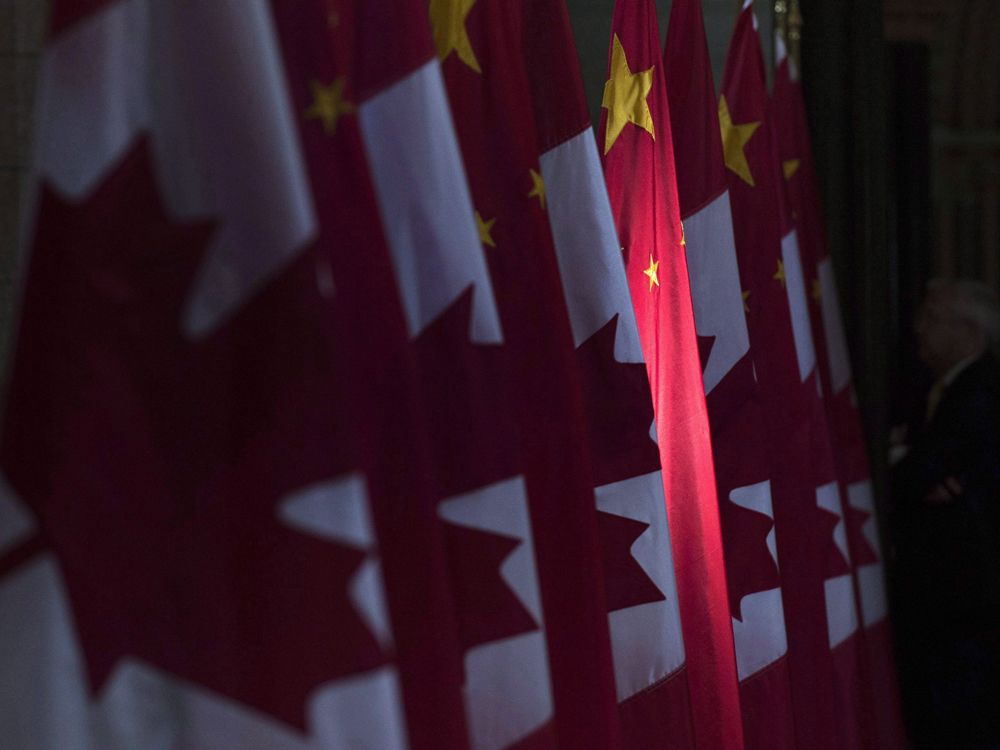China's Economic Response: Special Bonds To Counter Trump's Tariffs And Trade War

Table of Contents
The Rationale Behind China's Special Bond Issuance
Facing escalating tariffs and a slowdown in export-driven growth, China needed a powerful economic stimulus. Trump's tariffs targeted numerous key sectors, creating significant economic pressure and threatening job losses. The government recognized the urgency of preventing a deeper economic downturn and chose special bonds as a primary tool for fiscal stimulus. This decision was driven by the need to:
- Counteract the negative impact of tariffs: The tariffs directly reduced Chinese export revenues, necessitating government intervention to bolster affected industries.
- Maintain economic growth targets: The Chinese government maintains ambitious annual GDP growth targets, and the trade war threatened to derail these goals. Special bonds were seen as a way to inject much-needed capital into the economy.
- Support struggling industries: Sectors heavily reliant on US exports, such as manufacturing and agriculture, faced severe challenges. Special bonds provided crucial financial support to help these industries weather the storm.
The issuance of special bonds was intended to achieve the following:
- Increased infrastructure spending: Investing in infrastructure projects – roads, bridges, railways, etc. – creates jobs, stimulates related industries, and boosts overall economic activity.
- Support for struggling industries: Direct financial aid and subsidies, channeled through special bond funding, helped struggling industries remain competitive and avoid widespread layoffs.
- Stimulation of domestic demand: By creating jobs and increasing government spending, the initiative aimed to boost consumer confidence and domestic consumption, offsetting the decline in export demand.
Characteristics of China's Special Bonds
China's "special bonds," unlike regular government bonds, are earmarked for specific infrastructure projects and economic stimulus programs. Their issuance is carefully managed by the Ministry of Finance. Key characteristics include:
- Targeted funding: Funds raised through special bonds are specifically allocated to pre-approved projects, ensuring transparency and accountability in their usage.
- Low interest rates: The government often sets lower interest rates on special bonds to make them attractive to investors and reduce the overall borrowing cost.
- Varying maturity periods: The maturity periods of these bonds can vary depending on the nature and scale of the funded projects.
The funds generated were channeled into diverse projects:
- Infrastructure development: A significant portion funded large-scale infrastructure projects across various provinces, aiming for long-term economic benefits.
- Technological advancement: Investment in technology and innovation was a crucial element, positioning China for future economic competitiveness.
- Support for strategic industries: Key industries deemed essential for national development received targeted funding to enhance their resilience against external pressures.
Impact and Effectiveness of the Special Bonds
Assessing the full impact of China's special bond issuance requires a nuanced approach. While the immediate effect was a noticeable boost in infrastructure investment and government spending, the long-term effects are still being evaluated.
- Positive impacts: The bond issuance undoubtedly stimulated economic activity, mitigating the immediate fallout from the tariffs. It created jobs and supported crucial industries.
- Potential drawbacks: Concerns remain about the potential for increased government debt and the sustainability of this approach in the long run. Inflationary pressures were also a potential concern, although these were largely kept in check.
Specific measurable impacts include:
- GDP growth impact: While the trade war slowed GDP growth, the stimulus provided by special bonds helped to lessen the impact.
- Job creation: Infrastructure projects and industry support programs created numerous jobs, offsetting some job losses in export-oriented sectors.
- Impact on inflation: While some inflationary pressure was observed, it remained within manageable levels.
- Debt sustainability concerns: The significant increase in government debt raises questions about long-term fiscal sustainability.
International Implications and Global Trade Dynamics
China's response to Trump's tariffs, including the issuance of special bonds, had significant international implications. It highlighted China's determination to protect its economic interests and its capacity for significant fiscal stimulus.
- Impact on global supply chains: The trade war and China's response led to shifts in global supply chains, with some companies diversifying their manufacturing away from China.
- Shift in global economic power dynamics: The trade war and subsequent responses further intensified the competition between the US and China for global economic dominance.
- Responses from other nations and international bodies: Many countries observed the situation closely, with some expressing concerns about the potential for escalation and the long-term impact on global trade.
Conclusion: Assessing China's Special Bond Strategy in the Trade War
China's issuance of special bonds constituted a significant element of its economic response to the US trade war. While the strategy did help mitigate some of the negative economic consequences, it also highlighted the complexities of managing large-scale fiscal stimulus and the potential for increased national debt. The long-term effects on China's economy and its global trade relationships continue to unfold. Understanding China's economic response, including the specific role of special bonds, is crucial for comprehending the dynamics of global trade and the ongoing strategic competition between major economic powers. Further research into China's fiscal policy and the long-term effects of trade wars is strongly encouraged to gain a more comprehensive perspective on this complex issue.

Featured Posts
-
 Road Closures And Accidents In Okc Due To Icy Conditions
Apr 25, 2025
Road Closures And Accidents In Okc Due To Icy Conditions
Apr 25, 2025 -
 Above The Laws Morning Docket April 2 2025
Apr 25, 2025
Above The Laws Morning Docket April 2 2025
Apr 25, 2025 -
 Is The 230 000 Lotus Eletre Worth The Investment
Apr 25, 2025
Is The 230 000 Lotus Eletre Worth The Investment
Apr 25, 2025 -
 Los Premios Caonabo De Oro 2025 Lista Completa De Ganadores
Apr 25, 2025
Los Premios Caonabo De Oro 2025 Lista Completa De Ganadores
Apr 25, 2025 -
 Assessing The Feasibility Of A China Canada Partnership Against Us Actions
Apr 25, 2025
Assessing The Feasibility Of A China Canada Partnership Against Us Actions
Apr 25, 2025
